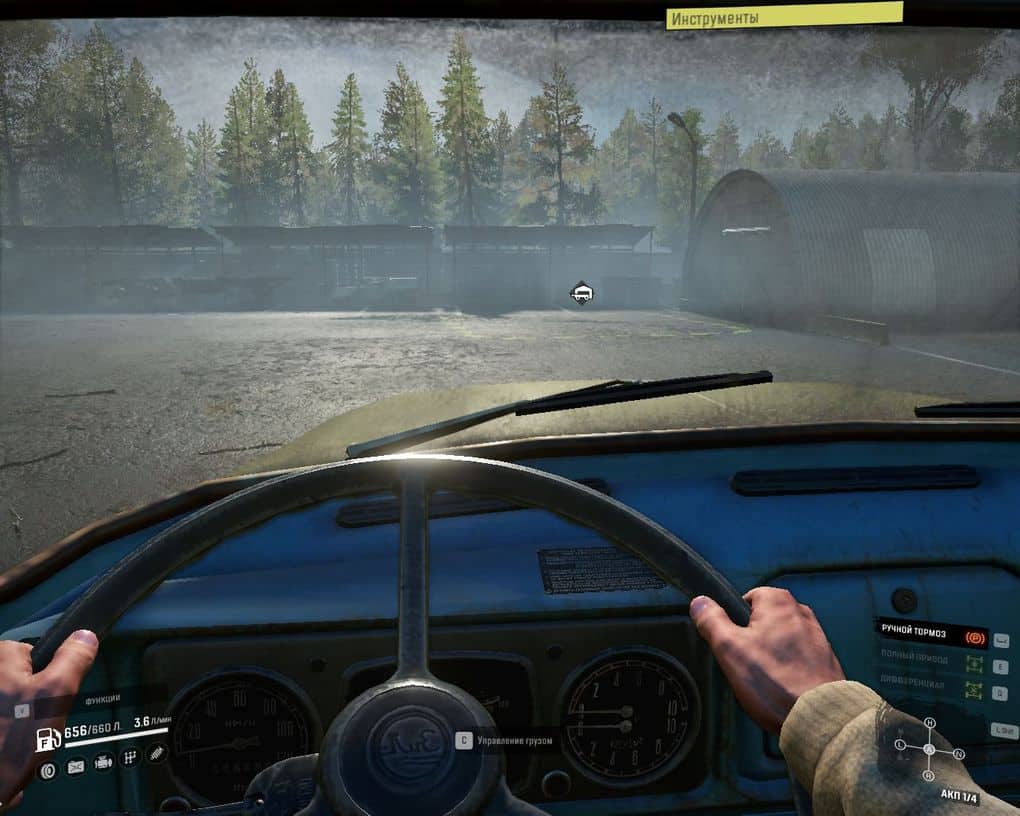


Lemon, her English language debut, was originally published in Korean in 2016 as a short story called “You Do Not Know” before Kwon expanded it into the current novella, which published in South Korea in 2019.

Kwon, 55, has been racking up South Korean literary awards since her debut novel in 1996, and her novels and short stories have earned her a reputation as a writer of difficult fiction, formally experimental and biting in her criticism of South Korean culture and the country’s government. You might assume that by the end of the book you will know the truth as well. Da-on soon reveals that she knows who the murderer is, though she doesn’t name names. But Kim Da-on, Hae-on’s sister, refuses to forget: “For over sixteen years, I’ve pondered, prodded, and worked every detail embroiled in the case known as ‘The High School Beauty Murder’,” she begins. When the novel begins, it’s already far in the rear view. The murder captivates the public for a brief, frenzied moment, then fades into the background, unresolved. There are two suspects-the wealthy and popular Shin Jeongjun, who was driving with the girl on the day she was murdered, and the awkward delivery boy Han Manu, who saw the two in Jeongjun’s car-but, after coercive interrogation by local police, neither are ever formally charged. In the summer of 2002, 18-year-old Kim Hae-on is found dead of “blunt force trauma to the head” in Seoul.

But this is a murder mystery less interested in victim and killer than in the motivations of those consuming their story-those who create meaning where, most likely, none exists. The book, translated from Korean by Janet Hong, has all the elements of the genre: protagonists haunted by an unsolved murder, a cop more interested in making an arrest than finding the killer, a dead girl whose beauty has turned her into something approaching myth. Read the first chapter of Kwon Yeo-Sun’s slim novel Lemon and you could easily mistake it for a thriller. Photo-Illustration: Vulture Photo: Courtesy of the Publisher


 0 kommentar(er)
0 kommentar(er)
